Traditional Job Search Know-How Is Obsolete! How Is AI Changing Recruitment? And What Should Job Seekers Do?
The evolution of Artificial Intelligence (AI) is transforming all aspects of business, with a particularly profound impact on recruitment. It is establishing a new norm for both companies and job seekers. This article explains how AI is changing the hiring process and how candidates should adapt to these changes.
The "New Norm" in Recruitment: How AI Is Changing the Hiring Landscape
AI is poised to dramatically alter the world of hiring by taking over tasks like document screening and initial interviews, which have traditionally consumed a vast amount of recruiters' time.
Automation and Efficiency in Document Screening
Many companies now use Applicant Tracking Systems (ATS), which scan resumes for keywords, skills, and experience to automatically screen candidates. This frees recruiters from the tedious task of reviewing countless applications, allowing them to focus their time on communicating with the most promising candidates.
Towards Objective and Fair Selection
Selection processes conducted by human recruiters can be susceptible to unconscious bias. Because AI evaluates candidates based on objective data like experience and skills, it is expected to lead to a fairer selection process, uninfluenced by attributes such as gender, age, or nationality.
AI Video Interviews and an Improved Candidate Experience
In AI video interviews, the system analyzes recorded videos to assess a candidate's potential and cultural fit by examining their facial expressions, tone of voice, and word choice. This offers candidates the convenience of interviewing anytime, anywhere. Furthermore, AI chatbots automate interview scheduling and answer basic questions, enabling smoother communication and enhancing the overall candidate experience.
3 Actions Job Seekers Should Take in the Age of AI
As the hiring process evolves, job seekers must also adapt. Understanding the nature of AI and preparing strategically is the key to success.
1. Create Application Documents with ATS in Mind
To pass the initial AI screening, it's crucial to tailor your application documents. Carefully read the job description and ensure your resume concretely reflects the required keywords (job duties, skills, experience). Avoid abstract language and include quantitative achievements to improve your evaluation by the AI.
2. Hone and Showcase Your Uniquely "Human" Skills
While AI excels at routine tasks and data analysis, it still struggles to evaluate advanced soft skills like creativity, empathy, complex problem-solving, and leadership. These are human strengths. In your interviews, be prepared to share specific anecdotes demonstrating these skills. It is crucial to appeal to the human interviewers who ultimately hold the decision-making power.
3. Make AI Your Ally, Not Your Enemy
Job seekers should also actively use AI. You can leverage generative AI for self-analysis, creating practice questions, and conducting mock interviews. Analyzing how well your resume matches a job description by feeding it to an AI can also be effective. By mastering AI tools, you can make your job search more efficient and effective.
Conclusion
The AI revolution in recruitment has only just begun. It holds the potential to make hiring more efficient and effective for companies while offering a more objective and streamlined process for job seekers. Understanding this wave of change and adopting a mindset of coexisting with AI will be essential for success in the years ahead.






